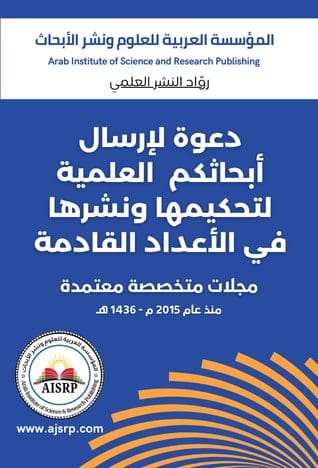Abstract
This study was conducted under unheated plastic house condition at Arid Land services and Research Center (ALARC), Faculty of agriculture – Ain Shams University, Egypt, during two successive autumn seasons 2007/2008 and 2008/2009 ability of use to investigate the Rhizobium inoculation as bio-fertilizer to reduce the use of mineral nitrogen fertilizers in the substrate culture and its effect on the growth and yield of Snap bean (phaseolus vulgaris L.) cv. Goya Four different mineral nitrogen rates (25%, 50%, 75% and 100% of 200 ppm) with Rhizobium inoculation compared to 100% mineral N without inoculation also two different types of substrate systems (containers and pots) were in this investigation. The experimental design was split plot with three replicates. Vegetative growth, plant height, chlorophyll reading (spad), total leaves area, early and total yield, chemical analysis of pods, total soluble solids (T.S.S.%), total protein, total nitrogen content, number of nodules and nitrogenase activity were measured. Data showed that container system had a significant effect on vegetative growth parameters (plant height, chlorophyll reading (spad), and total leave area), and fruit weight (early and total fruit weight). Chemical properties of pods, number of nodules and nitrogenase activity compared to pots system. Control treatment (100% N without inoculation) and (100% N with inoculation) recorded the highest vegetative growth, early and total yield, T.S.S.(%), pod protein and total nitrogen content followed by 50 % N with Rhizobium inoculations. Moreover, data showed that 50% N gave the highest number of nodules and nitrogenase activity. Data showed that there were no significant among controls, 100%, 75% and 50% N combined with container and 100% N combined with pots followed by control combined with pots. Increase nitrogen rates led to increase the values of plant height, chlorophyll reading (spad), early yield and total yield.
Keywords: Snap bean (phaseolus vulgaris L.), substrate system, Rhizobium inoculation, mineral nitrogen, container system, pots system and Nitrogen fixing activity.
Authors
M. S. A. Emam1, Z. El-S Lacheene2, M. A. Medany3, U. A. El-Behairy4 and A. F. Abou Hadid5
1. Central Laboratory for Agricultural Climate, Agriculture Research Center, Giza, Egypt.
2, 4, 5. Horticulture Dept., Faculty of Agric., Ain Shams University. Shoubra El-Kheima ,Cairo,Egypt.
3. Agriculture Research Center, Ministry of Agriculture and land Reclamation, Giza, Egypt.
DOI: 10.12816/0025265
Full-text PDF



